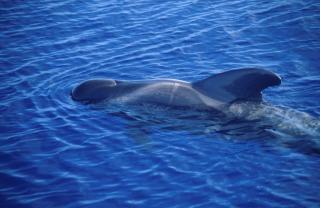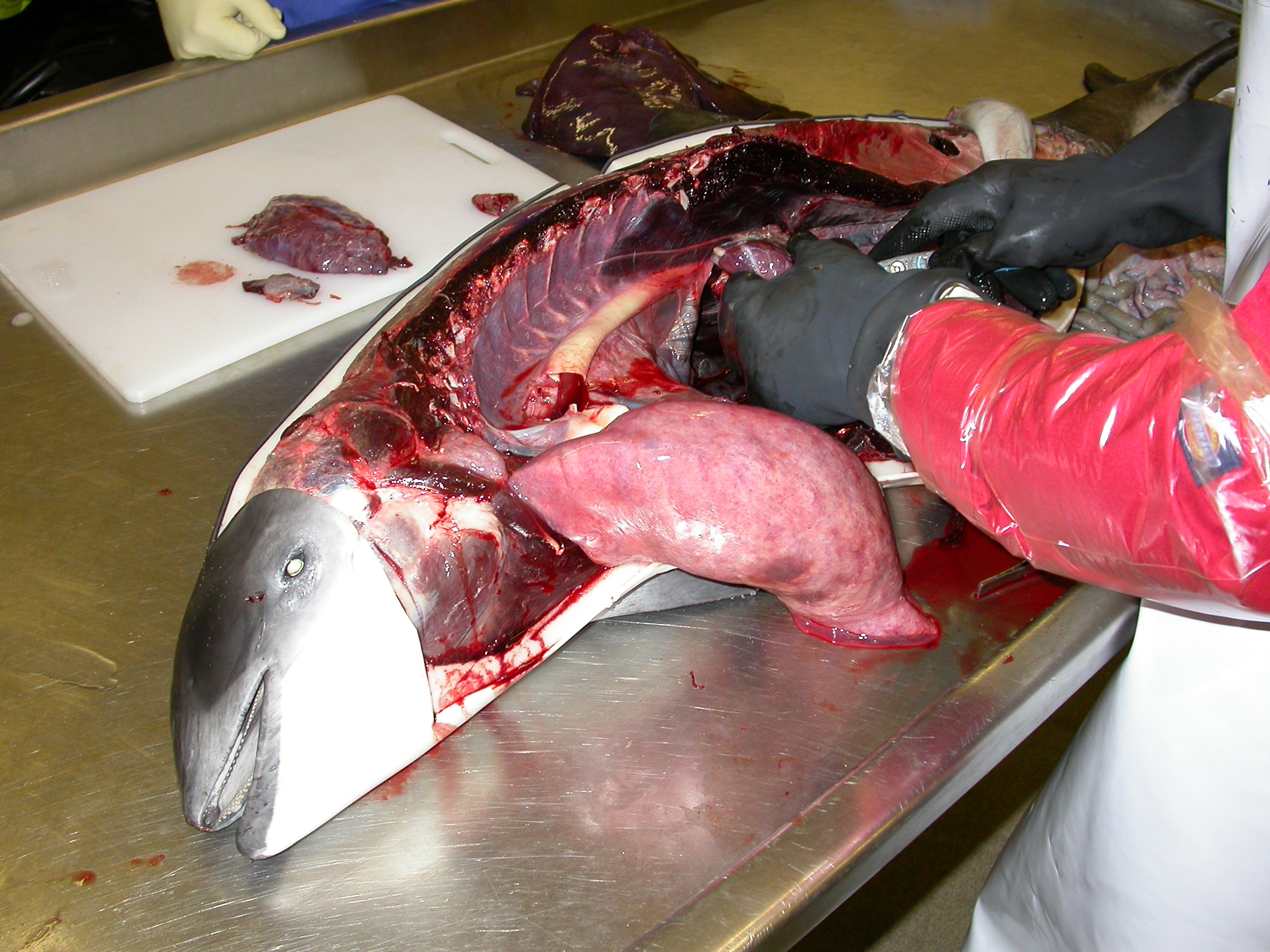Why Diseases Of Animal Wildlife Matter
Published on 22 June 2009 in Ecosystems and biodiversity

Introduction
Diseases in wild animals can and do ‘spill over’ into agricultural animals and the opposite is also true in that agricultural animals can carry diseases that adversely affect wildlife species. Additionally, several domestic and wildlife species can interact via complex mechanisms to maintain reservoirs of infection for both. For example, louping ill is a virus that is transmitted by sheep ticks which can cause a fatal infection in the brains of many animals. The presence of deer prevents eliminating ticks from an area and therefore the disease. The ticks infect, amongst other things, sheep and grouse and although fatal in both louping ill is particularly fatal in grouse such that its presence can completely destroy a grouse moor.
Key Points
- The aim of this work is to find the cause of death in all sea mammals stranded around the Scottish coastline
- Collaborators at MRI and SAC have discovered diseases previously unknown in sea mammals
- Lung disease of sea mammals is critical as it compromises their ability to dive and therefore feed
- We are diagnosing an increasing number of deaths in sea mammals in Scottish coastal waters due to parasitic, bacterial or fungal infections in the lungs (pneumonia)
- A mixture of two (e.g. parasitic and fungal) or sometimes all three types of disease are often present
- The research group are trying to determine the cause of these increases in disease
- Some of the fungal pneumonias spread to the brain resulting in disorientated animals stranding alive on the coast
- 30% of all harbour porpoises found dead around Scotland die due to being attacked by bottlenose dolphins
Research Undertaken

A highly integrated, productive and collaborative project between the Wildlife Unit of SAC Inverness and the Moredun Research Institute, two of the Scottish Government’s major research providers (MRPs), investigates the causes of death in sea mammals that become stranded and die in Scottish coastal waters. Members of the public and other interested bodies also partake in this project by reporting stranded seals, whales and dolphins to SAC Inverness. The carcasses are then either transported to SAC Inverness for a detailed post-mortem examination to be performed or, if too large, the examination is performed where the animal is found. A European-wide standard protocol is used to obtain large amounts of data from each carcase (length, weight, body condition etc.) so we can compare species throughout Europe and many samples are taken for microbiological and pathological investigations. It is the latter that are used to determine the cause of death. Many peer-reviewed papers have been published in international scientific journals as a result of this work contributing to the world-wide body knowledge of sea mammals and highlighting Scotland’s commitment to biodiversity.
Policy Implications
- This research has highlighted several species of dolphins found in Scottish waters that are not amenable to re-floating if found live-stranded; such animals are best euthanased rather than subjecting them to more stress and suffering as they are invariably suffering from fatal diseases
- Any species of seal, dolphin or whale exhibiting neurological disease is also not amenable to re-floating if found live-stranded
- The increase in parasitic and other pneumonias in sea mammals, especially those which live in-shore such as the harbour porpoise, may be due to reduced food availability such as fluctuations in sand eel populations
- The Scottish Government’s funding of this work is vital to its continued success
Author
Dr Mark Dagleish mark.dagleish@moredun.ac.uk







